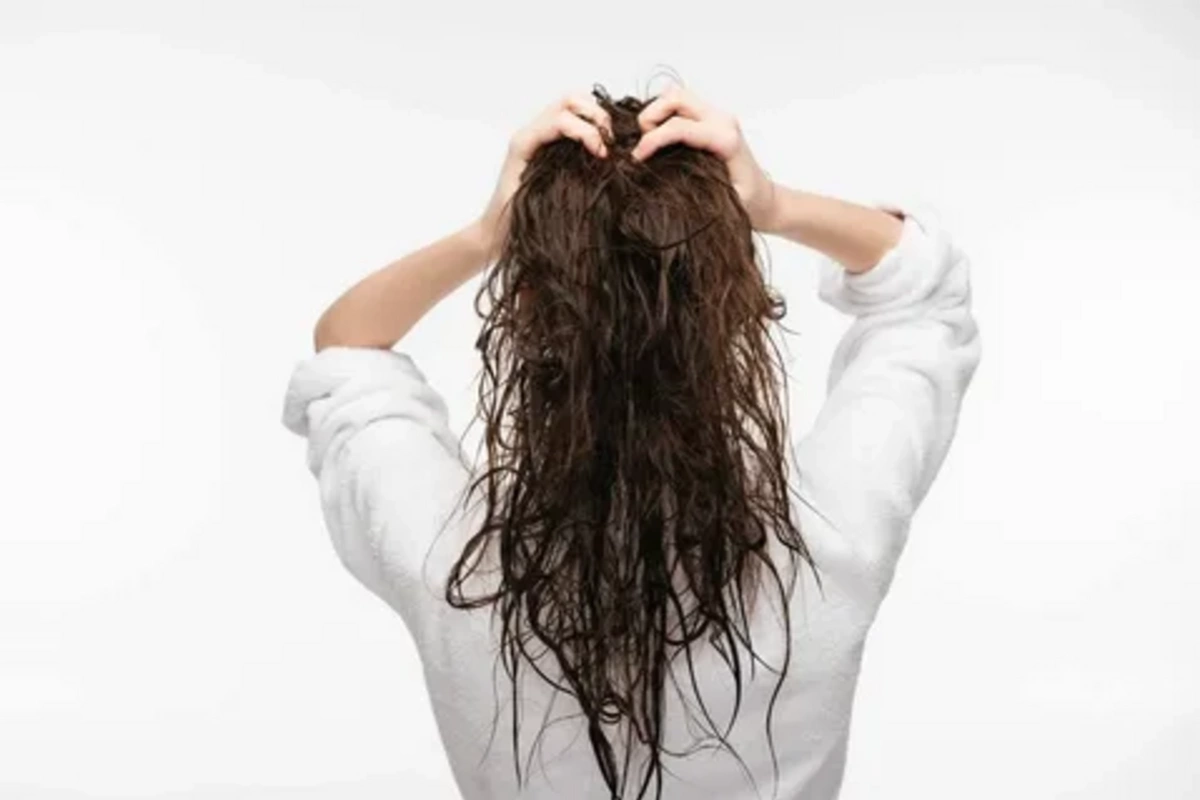Scientists have discovered how hair color affects life expectancy -

A team of researchers from Harvard Medical School conducted a study involving more than twenty thousand people. Scientists have discovered that genes responsible for hair color may be associated with certain health risks. One clear example is the MC1R gene, which is often found in people with red hair. This gene affects not only the shade of hair but is also associated with increased sensitivity to ultraviolet radiation and an increased risk of developing melanoma, which, in turn, can influence life expectancy.
As for gray hair, it is traditionally considered a sign of aging. However, in practice, hair can begin to turn gray in young people as well, especially when it comes to people with light or blonde hair. At the same time, the graying process is not directly related to life expectancy.
Is there a connection between light hair and health in old age? Some scientific reports, for example, publications from the Institute on Aging at the University of Minnesota, indicate that elderly people with light hair may have lower levels of inflammation. Nevertheless, the scientists themselves emphasize: it is not the hair color that is the decisive factor, but the entire set of genetic characteristics.
Hair color serves as an indicator rather than a cause. Scientists are confident that hair color itself cannot either extend or shorten life. It is only a "clue" - an external manifestation of certain genetic characteristics. For example, early gray hair may indicate a lack of vitamins or disruptions in the endocrine system, which can indirectly affect health.
Some studies conducted in Europe and the United States showed a slight difference: women with dark hair lived longer on average than those with light hair. However, with a deeper analysis taking into account factors such as nutrition, stress levels, and social status, this difference disappeared. Japan can serve as an example, where the vast majority of the population has dark hair, and life expectancy is one of the highest in the world. However, the key factors here are not hair pigments, but lifestyle, diet, and access to quality medical care.
Thus, life expectancy is indeed affected not by hair color, but by a person's lifestyle. Important roles are played by:
-
quality of nutrition,
-
level of physical activity,
-
degree of exposure to stress,
-
environmental conditions,
-
presence of hereditary diseases,
-
regularity of medical examinations.
Conclusion: you should not draw conclusions about your health based on your hair shade. It is much more important to lead a healthy lifestyle, maintain a sleep schedule, eat properly, and strive for inner balance. These factors are the real keys to longevity.
Source: Cursorinfo.co.il
Similar News
Psychologist explained how to get rid of panic attacks
It's impossible to completely protect yourself from panic attacks, but it's possible to reduce the likelihood of their occurrence. Clinical psychologist Stanisl...




 Azərbaycanca
Azərbaycanca  По-русски
По-русски  English
English 





